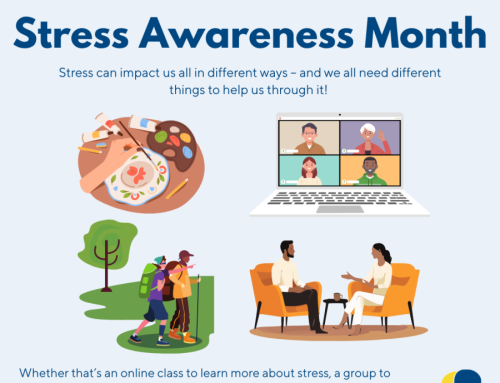Fiona Venner, director of Leeds Survivor Led Crisis Service, writes about dealing with the effects of shorter days and longer nights…
When the clocks go back many of us may feel the urge to retreat under our duvets. For around two million people in the UK who suffer with Seasonal Affective Disorder (SAD), coping with the winter months is a real challenge.
SAD is a form of depression that affects people during a particular season, although most people experience it over the winter when it is colder and there is less natural light. Almost 20% of people in the UK experience SAD with 2% suffering from extreme symptoms that can make everyday living unbearable.
People with a history of depression are more vulnerable to SAD, as are those who live in countries with significant changes to daylight, temperature and weather between the seasons. SAD can also be triggered by a significant life event, such as a bereavement or serious illness.
Symptoms may include lack of energy and concentration, difficulty sleeping, anxiety, panic attacks, general lethargy and feelings of depression. Sufferers may notice mood swings, crave carbohydrates, be more prone to illness and experience relationship and social problems.
A small percentage of people are unable to carry out every day tasks without continuous treatment, but most people find their own ways to cope during the winter months. Here are five tips that may help:
- Make the most of the natural light that exists in winter by being outside as much as possible.
- Exercise and eat well. Exercise creates a feeling of wellbeing and increases energy. Eat as much fruit and vegetables as possible to combat the impact of the carbohydrate cravings which are a common symptom of SAD.
- Consider using a light box – Many people who experience SAD find sitting with a light box helpful as it simulates natural light and can relieve some of the symptoms.
- Avoid stress – this is easier said than done, but SAD is worsened by stress. So try to identify the triggers that cause stress and develop a coping strategy.
- Expand your support network – the two organisations above run support groups and have online chat rooms and self help resources.
If you have been experiencing SAD over two or three years it is advisable to talk to your GP. SAD is a genuine health condition that can be diagnosed by GPs who may prescribe treatments including anti depressants and CBT (Cognitive Behavioural Therapy).
Leeds Survivor Led Crisis Service is open every night of the year.
Connect Helpline, 0808 800 1212
Dial House, 0113 260 9328.
Dial Houses @ Touchstone 0113 249 4675





